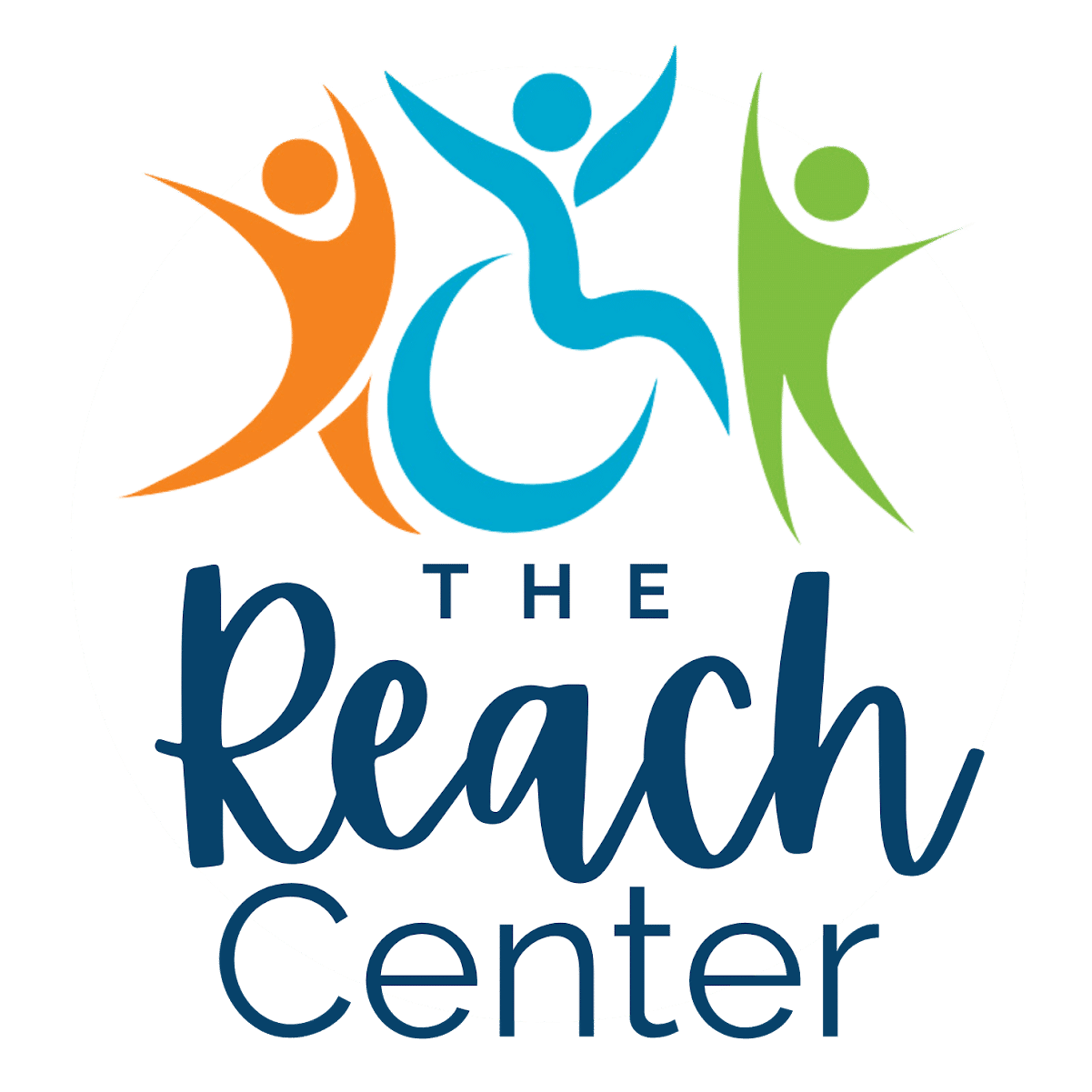Cancer and its treatments can be harsh on a child’s body. Children with brain tumors or undergoing cancer treatments may develop a variety of motor and cognitive issues which can impact a child’s quality of life.
Impairments seen in children with brain tumors
Walking, balance and coordination
One of the most common motor issues associated with brain tumors is difficulty walking. This may be due to the tumor itself or to the effects of treatment. Children with brain tumors may also experience difficulty with balance and coordination. They may have trouble keeping their balance when standing or walking, and they may also have problems with coordination, such as being unable to smoothly move their arms and legs.
Weakness
Children with brain tumors may experience weakness in their arms, legs or entire body. This can make it difficult for them to do everyday activities, such as walking up the stairs or carrying a backpack.
Communication
Children with brain tumors may struggle with communication due to factors such as the tumor’s location within language-related brain areas, pressure on surrounding structures, seizures disrupting speech and cognitive changes affecting memory and focus.
Vision
Vision can be affected in children with brain tumors because the tumors can exert pressure on or compress the optic nerves or other visual pathways within the brain. Additionally, changes in intracranial pressure, swelling or damage to the brain tissue near these pathways can lead to visual disturbances.
Impairments seen in children undergoing cancer treatment
Trouble with movement and coordination
Cancer treatment can cause a child to have difficulty walking, climbing stairs or using their hands correctly. Children may also have problems with balance and spatial awareness.
Difficulty with memory, focus and concentration
Children may have trouble remembering things they just learned or staying focused on a task. They may also have difficulty processing information quickly.
Trouble with communication
Children may have trouble understanding and expressing themselves clearly, as well as understanding what others are saying to them.
Poor endurance
Children may have poor endurance making activities difficult for them to participate in.
Impaired sensation
Children may have impaired sensation, which can affect their mobility as well as their other day to day activities.
Treatments for impairments related to tumor or cancer treatments
Therapist-delivered interventions can help children with active cancer as well as survivors develop strategies to address limitations. A therapist trained in cognitive rehabilitation can identify and address specific needs for participation in school and work. Occupational therapy and vocational rehabilitation can help with daily activities and job skills. A speech-language pathologist can focus on attention, thinking and memory problems. A physical therapist can assist with motor problems resulting in difficulty with mobility in the home and community. Vital to the rehabilitation process is the rehabilitation medicine doctor (physiatrist) guiding the rehabilitation plan, therapies and any other needs such as bracing, equipment and medications.
